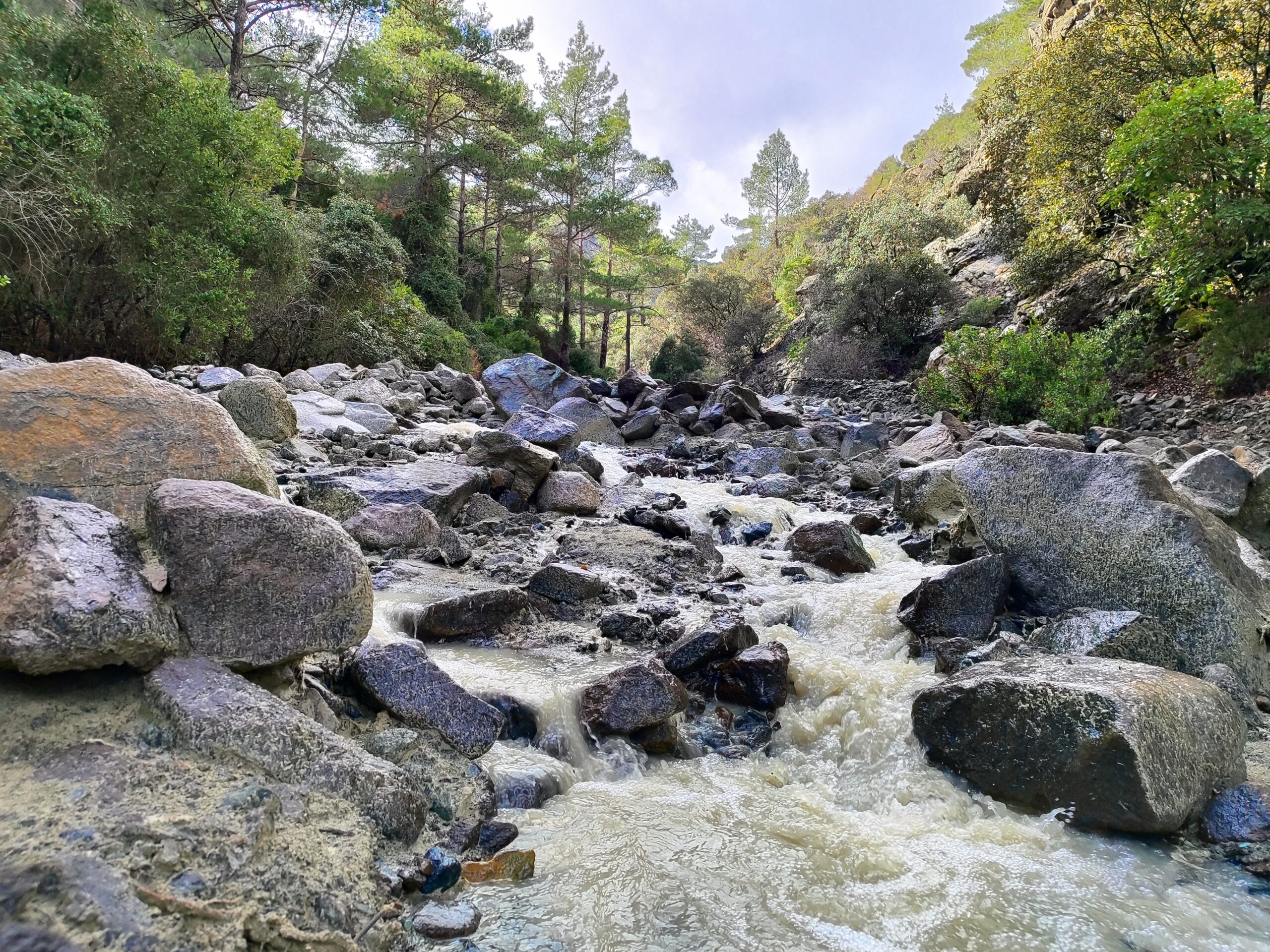By Ourania Kyriakou
The ways of contributing are wider than you think
Nowadays, the global discourse on environmental awareness has reached new heights, reflecting a growing concern for the well-being of our planet. Citizens around the world are increasingly expressing interest in participating in actions that contribute to environmental protection. For this reason, it is useful to identify ways of engagement that could have the greatest potential in delivering positive environmental impact.
Humanity is facing numerous environmental challenges, such as the general ecosystem degradation observed in most parts of the world, the climate crisis and environmental pollution on both land and sea. While the magnitude of these problems can often overwhelm the public, it is now more crucial than ever for citizens to get together, engage in meaningful environmental actions and make the necessary change a reality.
Support environmental organisations
Those truly committed to environmental protection can support existing initiatives with a proven history of impactful actions. By supporting environmental organisations, citizens can enable and enhance their work and actions, such as safeguarding biodiversity, climate and the broader environment, raising of public awareness, educating the citizens of tomorrow and exerting pressure on decision-making bodies.
Supporting environmental organisations is crucial as it enables them to have a more influential presence during their participation in decision-making bodies and committees. In fact, the strength of their advocacy efforts is, to some extent, proportional to the number of supporters they have. People’s support amplifies their voice and drives impactful change in environmental policies and practices. Joining such organisations makes a difference, and one becomes part of the solution, ensuring a sustainable future for our planet. Every supporter is a voice, and every voice counts. Let’s then explore some of the best ways how you can help them and yourself more decisively:
Attend events: Attend events, conferences, workshops and lectures hosted by environmental organisations to learn more about current issues and connect with like-minded individuals. Taking part in public consultations and expressing your concerns about environmental issues is also a great way to give input.
Volunteer: Many environmental organisations rely on volunteers to assist with various tasks, such as organising events, species monitoring and attracting supporters. Offer your time and skills to support their initiatives.
Participate in campaigns: Get involved in environmental campaigns and initiatives led by organisations working on specific issues, such as climate change, conservation and pollution reduction. Sign petitions, join protests or participate in letter-writing campaigns to demand action from governments and corporations.
Become a supporter/member: By being a supporter, or a member you automatically empower the organisation. Why? Every time the NGOs “fight” for the protection of the environment, decision makers see their supporters as citizens and consequently potential voters. This means that the more supporters they have, the more active citizens they have that demand environmental justice and protection.
Talk to your friends about the organisations: Chatting with friends about NGOs’ work is a simple way to share information about environmental issues and the actions taken to address them. Mention their success stories and their impact.
In recent years we see that environmental organisations are becoming stronger and stronger because of the need for a more sustainable living environment, but also because of their passion and hard work. According to Terra Cypria-the Cyprus Conservation Foundation, foundation-run Cyprus Environmental Studies Centre (CESC) educated over 2,300 students in 2023 on environmental issues, hosting multi-day programmes and one-day experiences. Sensitising and teaching the citizens of tomorrow increases our hope for a better future.
The CESC also engages with communities and institutions contributing to the protection of the Natura 2000 network of protected areas and emphasising the importance of protecting these areas. By planning multiple events and festivals in those areas, they also promote sustainable tourism, which supports the local communities.
Beyond this, one of Terra Cypria’s main activities is projects aiming to conserve our natural environment and biodiversity, with an emphasis on the species, habitats and ecosystems that face the greatest threats from human pressure. For example, Terra Cypria contributes to the conservation of vultures, an endangered species that was about to go extinct some years ago. With their work, but also with the work of their partners, the local population was strengthened to 29 individuals, which enables the recovery of the population.

Additionally, the contribution of Terra Cypria to the conservation of sea turtles in Cyprus is established, as they collaborate with students from academic institutions and other volunteers, in the protection of sea turtles in the Akamas region and Ladies Mile at Akrotiri. Through proper training and participation volunteers contribute to the protection of two endangered sea turtle species, the Loggerhead (Caretta caretta) and the Green (Chelonia mydas). This action safeguards these vital species but also serves as a model for community involvement in species conservation.
Role of companies
By allying with environmental NGOs, companies can invest in impactful and long-lasting change. Environmental NGOs play a pivotal role in advocating for systemic solutions, influencing decision makers, and educating the citizens of today and tomorrow. Supporting them through Corporate Social Responsibility (CSR) initiatives demonstrates a genuine commitment to addressing the root causes of environmental issues. This collaborative approach not only enhances a company’s social responsibility profile but also contributes to the collective effort to safeguard the world we live in. It is time for corporations to recognise the profound impact they can make by supporting environmental NGOs in their quest for sustainable and significant change.
To conclude, in today’s world, the call for environmental awareness resonates louder than ever, fuelled by a collective concern for our planet’s well-being. The challenges our planet is facing demand joined efforts and call for action.
By bolstering environmental organisations, we can collectively address broader environmental issues, instigate systemic change, and create a more sustainable and balanced future for all.




